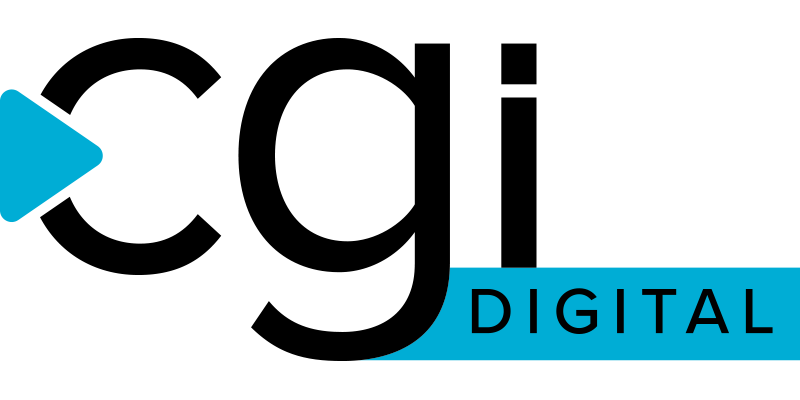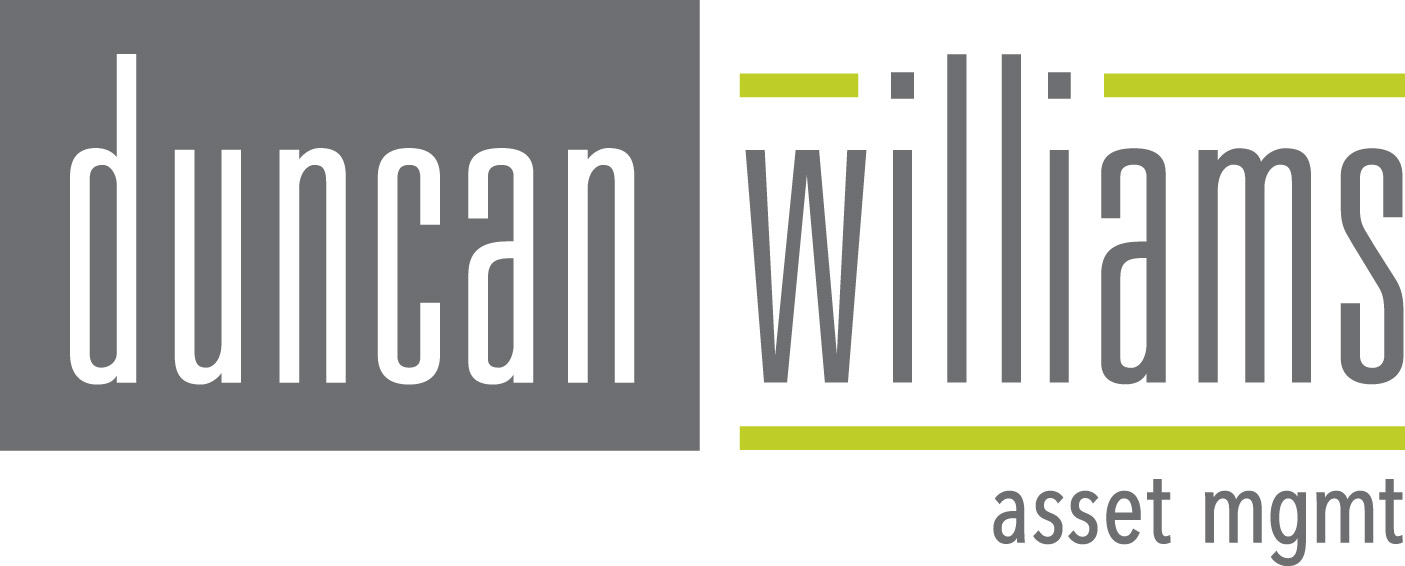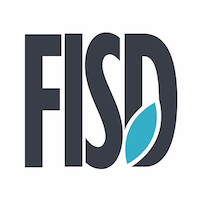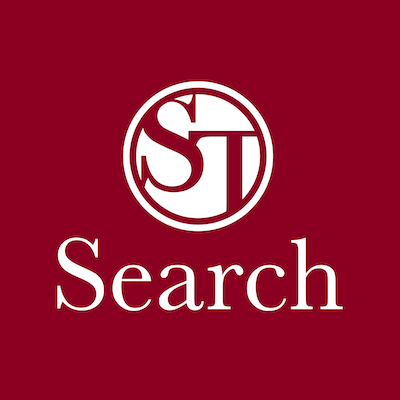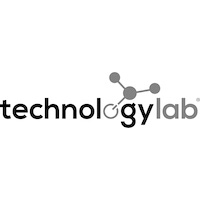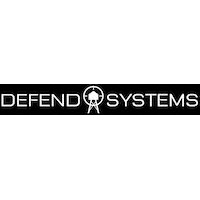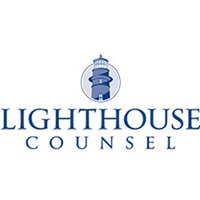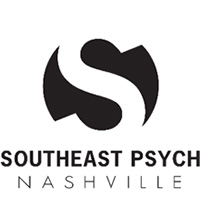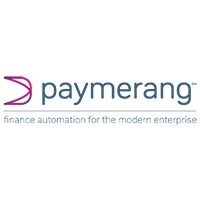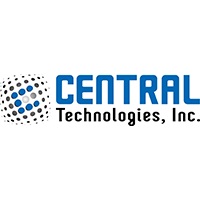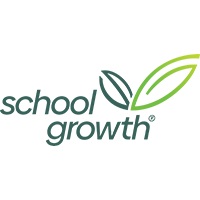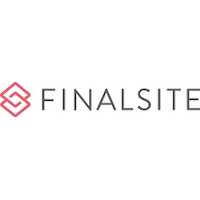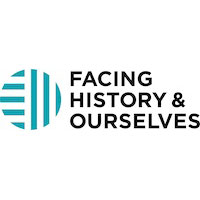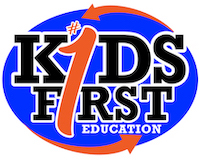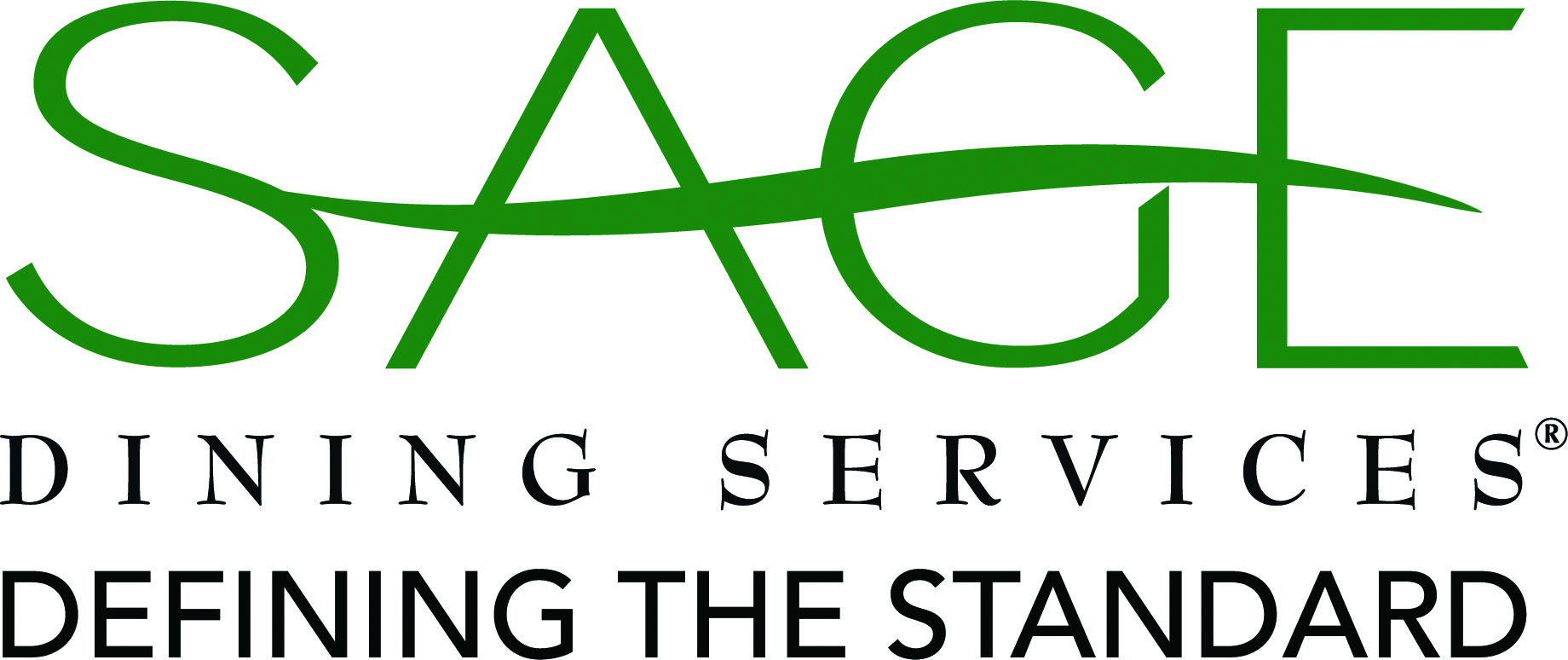|
Agenda Preview8:30-9:00am CST Registration, Coffee, and Networking 9:00am Welcome 9:05-10:00am Keynote - Building Futures Literacy for Values-Driven SchoolsWith Jared Colley, Chief Innovation Officer, Mount Vernon School The future isn’t a fixed destination but a landscape of possibilities. This keynote will introduce futures literacy as a vital skill for school leaders to proactively shape outcomes that align with their mission and values. Using the futures cone framework, participants will explore how to move beyond prediction and stress-test strategies against multiple plausible futures. The session will clarify when forecasting is useful versus when scenario planning is essential, especially in the face of critical uncertainties like emerging technologies. Attendees will leave empowered to lead with creativity and confidence in an era of complexity. 10:00-10:15am Snack, Break, and Networking
10:15-11:05am Breakout Session I With Dr. Heather Caponi, Associate Head of School, Ensworth School School leaders often view teacher resistance to change as willful defiance, but there is much more to understand if change agents are willing to peel back the layers of resistance and dig deeper into the reasons why teachers may struggle to accept innovations. This presentation is grounded in the notion that an intentional focus on discourse about change through social interactions with teachers who have varying perspectives will increase the probability of enduring transformation in teaching and encourage teachers to share best practices beyond the silos of their classrooms. Participants will leave with strategies for engaging in conversations with faculty about change. Path B - Rethinking Time: Aligning Daily Schedules with Mission, Values, and CommunityWith Sarah Hanawald, Executive Director, Association for Academic Leaders Academic Leaders are not just stewards of curriculum, their work shapes the lived experience of students and faculty. A school schedule is far more than a timetable—it’s a powerful lever for shaping culture, values, and outcomes. Yet too often, scheduling discussions revolve around logistics, not purpose. This session invites academic leaders to rethink how time and space can be creatively structured to reflect a school’s deepest commitments. Drawing from recent research and survey data collected by the Association for Academic Leaders, participants will explore why no “perfect” schedule exists—and why alignment with mission, rather than any specific block structure or start time, is what truly drives satisfaction and effectiveness. We’ll share some reflective questions you can take back to your school for focus groups to consider. We’ll examine how schedules can support wellness, equity, collaboration, and student agency when designed with intentionality and community context in mind. We’ll also address common pitfalls in working with consultants (who can certainly be helpful), and share why internal leadership is often key to transformational change. Whether you're refining your current schedule or envisioning a redesign, this session will offer a framework to guide mission-driven decisions that honor both strategic vision and lived realities.
11:10am-12:00pm Breakout Session II Path A - Opening the Doors of Your Curriculum to Include Artificial Intelligence for Teaching and LearningWith Jared Colley, Chief Innovation Officer, Mount Vernon School AI presents both opportunities and challenges, and integrating AI into the curriculum requires future-ready policies and practices aligned with a school’s mission. Futures literacy equips schools to grapple with ethical considerations, anticipate the impact of AI, and shape AI’s role in a values-driven learning environment. The keynote talk will encourage schools to use futures-thinking frameworks to explore plausible AI futures, ensuring that AI adoption aligns with their core values. Path B - The Coaching Connection: Instructional Coaches As Drivers of Teacher Development and Student GrowthWith Tequila Cornelious, Assistant Head of Middle School, Academics, Christ Presbyterian Academy
Providing relevant, high-quality professional learning for teachers is critical for student outcomes, and research shows that the traditional models of "sit and get" professional development that most schools and organizations offer is not effective. One form of professional learning that has consistently met the criteria for effective teacher learning is instructional coaching. In this session, participants will explore what instructional coaching is, how this form of professional learning can support teachers and students, and why developing an instructional coaching program is a worthy endeavor for one's school and ultimately its students. 12:00-12:45pm Lunch
12:45-1:35 Breakout Session III Path A - Liminal Leadership: The Complex Roles of Chairs, Deans, and Instructional CoachesWith Beth Wilson, Head of Upper School and Associate Head of School for Academics, Girls Preparatory School Working in the liminal space between faculty and administrator, department chairs, deans, and instructional coaches have exciting opportunities for influence and positive change. Simultaneously colleague and leader, they bring credible expertise to a role that allows them to amplify their strengths and impact more students. At the same time, they face complex challenges. In addition to–or sometimes in place of–official oversight of programs, budgets, or professional work, mid-level leaders can wield influence both up and down the org chart, while navigating complex relationships with those they lead. This session will offer principles and practices to support, equip, and inspire the work of current or aspiring mid-level leaders. Path B - College Navigation: Preparing Juniors for the ACT and College Admissions ProcessWith Alanna Chapman, Educator; Amy Welsh, Dean of Academics; and Brandy Norton, Director of College Counseling, Davison Academy With the rising pressure of college admissions, how can we intentionally prepare our juniors to be successful? Come learn how we have created a course for all juniors that includes one quarter enrolled in an intensive ACT-prep course spanning all four subject tests, and a second quarter focused on scholarship opportunities, college applications, college essay writing, and important information for juniors getting ready for college application season. We will discuss implementation and score improvement using data analytics. 1:35-1:45pm Break and Networking
1:45-3:05pm Closing Workshops Path A - AI, What’s Your Position, Not Your Policy: A Futures Thinking ApproachWith Jared Colley, Chief Innovation Officer, Mount Vernon School This highly interactive workshop helps educators surface and explore their emotional responses to the ethics surrounding AI in schools. Through engaging scenario games, signal-sorting activities, and a gallery walk, participants will reflect on what feels acceptable, questionable, or truly unacceptable as AI tools emerge in education. By tapping into — and investigating — these gut reactions, attendees can build greater foresight and insight, preparing to guide their communities with empathy, self-awareness, and strategic mission alignment. The session offers a framework for adopting flexible, values-driven positions rather than rigid policies when navigating uncertainty, especially around AI. Path B - Auditing, Mapping, and Storyboarding, Oh My!With Sarah Hanawald, Executive Director, Association for Academic Leaders “We need to make a curriculum map!” is one of those rallying calls that can fill an academic leader with dread. Or would an audit be better? What’s the difference? And why is everyone talking about storyboards now when they mention curriculum documentation? In this presentation, we’ll take a look at how school leaders are investing in new ways to ensure that the student experience in their school is mission-aligned with a thoughtful progression and is coherently communicated to the many constituent groups who ask “what do the students actually do and learn at school?” You’ll leave with a better understanding of which tools will help you guide your school’s faculty in creating a more intentional curriculum. Path C - Using Your School’s Mission and Culture as a Guide for Leaning into AIWith Bobby Mirzaie, Director of Curriculum and Instruction K-12, Ensworth School “Are we getting behind on teaching and learning with AI for students and teachers?” “How do we create policies and practices to ensure AI alignment, experimentation, and academic honesty?” “How do we adapt our approaches when AI is changing at such a rapid pace?” If you are encountering these and other related questions about your attempts to approach AI through your school’s curriculum and instructional practices, this session will share one school’s journey about the swings, hits, misses, and how to use your school’s mission and culture for finding the right blend of AI that is right for your students. Path D - And Now for Something Completely Different: Designing a Collaborative Change ProcessWith Beth Wilson, Head of Upper School and Associate Head of School for Academics, Girls Preparatory School Whether guiding a team, department, division, or school, leaders often find that change is necessary to pursue their vision or strategic direction. But change isn’t easy–it requires time, effort, and compromise, and disruption is bound to rock the boat. Effective collaboration can ensure that changes hit the mark, benefit stakeholders, and ultimately stick. This session will offer a flexible template for leading change, along with case studies for illustration (such as developing a new school schedule and revamping a faculty evaluation process). Emphasizing meaningful collaboration, an iterative design process, and manageable demands on all involved, this session serves current and future leaders in all areas of school life. 3:05pm Adjourn
|


